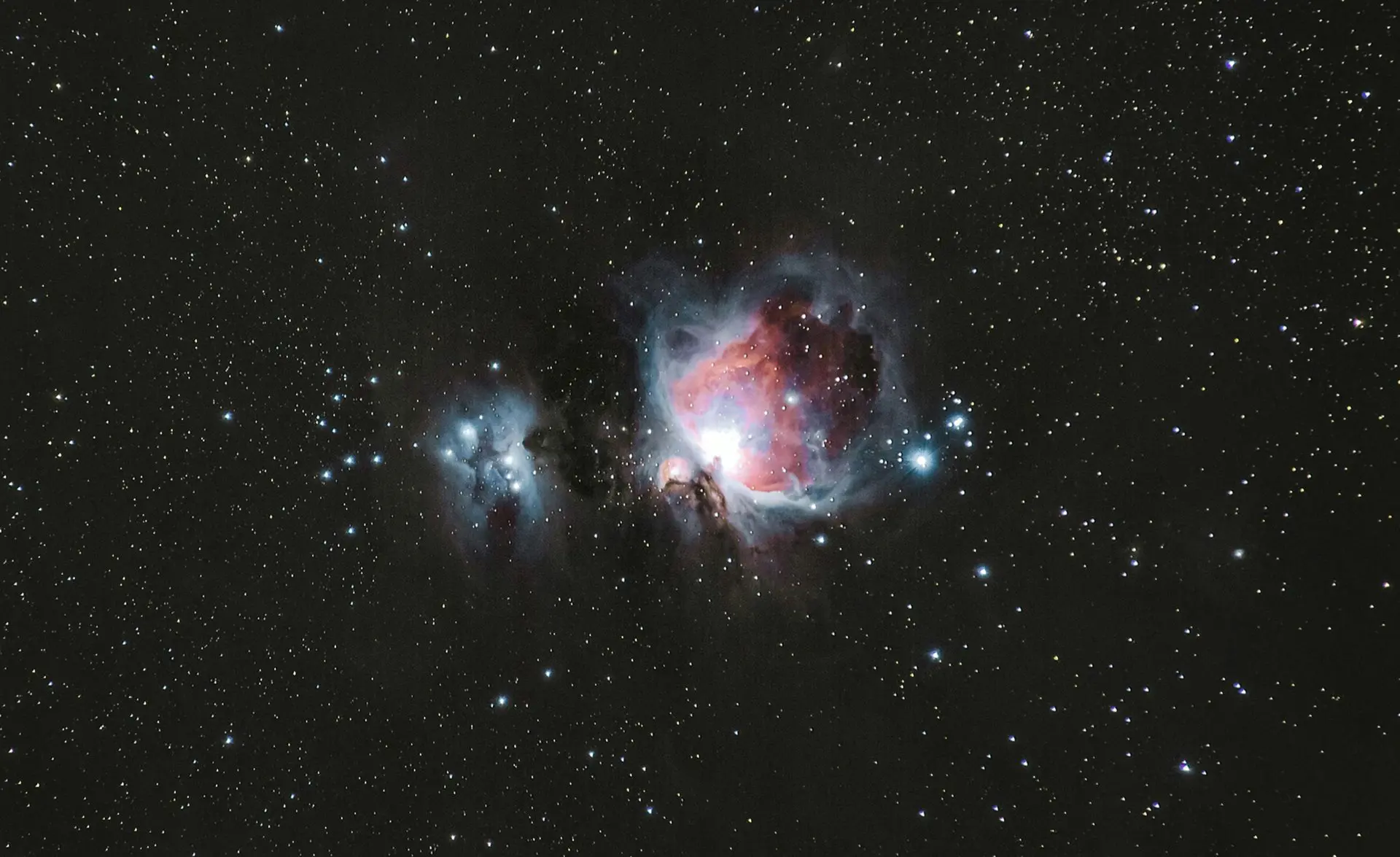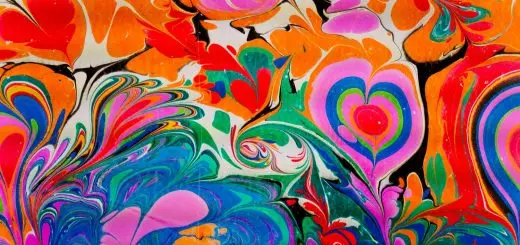The Roman Hercules: Strength and Heroism

Looking for more amazing products? Check out our online store and explore our collection here! Happy shopping!
Before diving in, please note: This post is for informational purposes only. If you’d like to know more about how we approach topics, feel free to check out our friendly Disclaimer Page.
Hey there, amazing readers! 
We’re committed to delivering quality posts, and your support (even just sticking around despite the ads) means everything to us. So, bear with us, and thanks for helping us keep the good vibes rolling. Now, on to the fun stuff!
TRANSLATE BUTTON AT THE END OF THE ARTICLE
Overview
The Roman Hercules, also known as Heracles in Greek mythology, is one of the most iconic figures in ancient mythology.
Renowned for his incredible strength and heroic feats, Hercules has been a symbol of power and heroism in Roman culture for centuries.
This article delves into the origins of the Roman Hercules, explores his significance as a symbol of strength, discusses his labors as tests of heroism, and examines his divine ancestry and mortal life.
Furthermore, it explores Hercules’ role in Roman mythology and religion, the worship and cults dedicated to him, and his depictions in art and sculpture.
The influence of Hercules on Roman culture, literature, poetry, and his lasting legacy in Western civilization are also explored, along with his presence in modern pop culture.
Origins of the Roman Hercules
The Roman Hercules has his roots in Greek mythology, where he was known as Heracles.
The son of Zeus, the king of the gods, and Alcmene, a mortal woman, Hercules was conceived through Zeus’ visitation while he was in the guise of Alcmene’s husband, Amphitryon.
The name "Hercules" is derived from the Latinized version of his Greek name, Heracles.
In Greek mythology, Hercules was known for his incredible strength and his twelve labors, which will be discussed later in this article.
Hercules as a Roman Symbol of Strength
In Roman culture, Hercules was revered as a symbol of strength and power.
He embodied the ideal of physical prowess and was often depicted as a muscular hero in art and sculpture.
The Romans admired his ability to overcome seemingly impossible challenges and viewed him as a model of courage and perseverance.
Hercules’ strength made him an inspiration for warriors and athletes alike, and his image was often invoked to instill confidence and determination in individuals facing difficult tasks.
Hercules’ Labors: Tests of Heroism
One of the most famous aspects of Hercules’ story is his twelve labors.
These labors were a series of tests imposed upon him by the gods as a punishment for killing his wife and children in a fit of madness induced by the goddess Hera.
The tasks included slaying the Nemean Lion, capturing the Golden Hind of Artemis, and fetching the legendary Golden Apples from the Garden of the Hesperides.
Each labor pushed Hercules to his limits, testing his physical strength, intelligence, and bravery.
Hercules’ Divine Ancestry and Mortal Life
As the son of Zeus, Hercules was a demigod, born with incredible strength and abilities.
However, his life was far from easy.
From a young age, he faced opposition from Hera, who resented his existence as a reminder of her husband Zeus’ infidelity.
Hercules’ mortal life was marked by tragedy, including his temporary madness and the subsequent loss of his family.
Despite these hardships, Hercules embraced his divine heritage and sought redemption through his heroic deeds.
Hercules in Roman Mythology and Religion
In Roman mythology, Hercules was assimilated into the pantheon of gods and considered a deity.
He was often associated with Mars, the god of war, due to his immense strength and martial prowess.
Worship of Hercules became an integral part of Roman religion, with numerous temples and shrines dedicated to him throughout the empire.
Worship and Cults Dedicated to Hercules
The worship of Hercules in Rome took various forms, ranging from public ceremonies to private devotions.
The cult of Hercules was particularly popular among soldiers, who sought his protection and strength in battle.
In addition, many Roman emperors identified with Hercules and promoted his cult as a way to legitimize their own power and authority.
The cults dedicated to Hercules often involved rituals, sacrifices, and athletic competitions, reflecting his association with physical strength and athleticism.
Depictions of Hercules in Art and Sculpture
Hercules has been a popular subject in Roman art and sculpture, with countless depictions showcasing his muscular physique and heroic exploits.
Explore the Path to Spirituality and Enlightenment – Start Here.
Sculptures of Hercules often depicted him battling mythical creatures, such as the Hydra or the Cretan Bull.
These artworks served as both a celebration of Hercules’ strength and as a reminder of the virtues of heroism and physical prowess in Roman society.
Hercules’ Influence on Roman Culture
Hercules had a profound influence on Roman culture, permeating all aspects of society.
His image and symbolism were incorporated into Roman architecture, coins, and even clothing.
Hercules’ strength and heroism became an aspirational ideal for Roman citizens, and his stories were retold in various forms of entertainment, such as plays and poetry.
His popularity endured well into the Roman Empire and beyond, leaving a lasting impact on Western civilization.
Hercules in Roman Literature and Poetry
The stories and exploits of Hercules were popular themes in Roman literature and poetry.
Ovid’s "Metamorphoses" includes several tales of Hercules, highlighting his strength and heroism.
In Virgil’s epic poem "The Aeneid," Hercules is depicted as a guardian and guide to the hero Aeneas.
Roman poets, such as Horace and Statius, also wrote extensively about Hercules, praising his virtues and celebrating his accomplishments.
Legacy of Hercules in Western Civilization
The legend of Hercules has had a lasting impact on Western civilization.
His stories and labors continue to be retold and adapted in various forms of media, including books, movies, and video games.
The image of Hercules as a symbol of strength and heroism has become deeply ingrained in our cultural consciousness, serving as an inspiration for individuals facing their own challenges and tests of character.
The Roman Hercules in Modern Pop Culture
Hercules has remained a prominent figure in modern pop culture, often portrayed as a mighty hero with extraordinary strength.
Numerous movies, such as Disney’s animated film "Hercules" and the 2014 live-action film "Hercules," have brought his story to new audiences.
Additionally, Hercules is a popular character in video games, such as the "God of War" series, further cementing his status as a legendary figure in popular entertainment.
Conclusion
The Roman Hercules embodies the virtues of strength and heroism in ancient mythology and continues to captivate audiences to this day.
His origins in Greek mythology, his labors as tests of heroism, and his divine ancestry and mortal life all contribute to his enduring appeal.
Hercules’ influence on Roman culture, literature, poetry, and his lasting legacy in Western civilization demonstrate the profound impact he has had on human imagination.
Whether worshipped as a deity, admired as a symbol of physical prowess, or celebrated in art and literature, Hercules remains an iconic figure whose strength and heroism continue to inspire and resonate with people of all ages.

The Enlightenment Journey is a remarkable collection of writings authored by a distinguished group of experts in the fields of spirituality, new age, and esoteric knowledge.
This anthology features a diverse assembly of well-experienced authors who bring their profound insights and credible perspectives to the forefront.
Each contributor possesses a wealth of knowledge and wisdom, making them authorities in their respective domains.
Together, they offer readers a transformative journey into the realms of spiritual growth, self-discovery, and esoteric enlightenment.
The Enlightenment Journey is a testament to the collective expertise of these luminaries, providing readers with a rich tapestry of ideas and information to illuminate their spiritual path.
Our Diverse Expertise
While our primary focus is on spirituality and esotericism, we are equally passionate about exploring a wide range of other topics and niches 

To ensure we provide the most accurate and valuable insights, we collaborate with trusted experts in their respective domains 
Our blog originally focused on spirituality and metaphysics, but we’ve since expanded to cover a wide range of niches. Don’t worry—we continue to publish a lot of articles on spirituality! Frequently visit our blog to explore our diverse content and stay tuned for more insightful reads.
Hey there, amazing reader! 
Check out our store here and take a peek at some of our featured products below! Thanks for being awesome!















